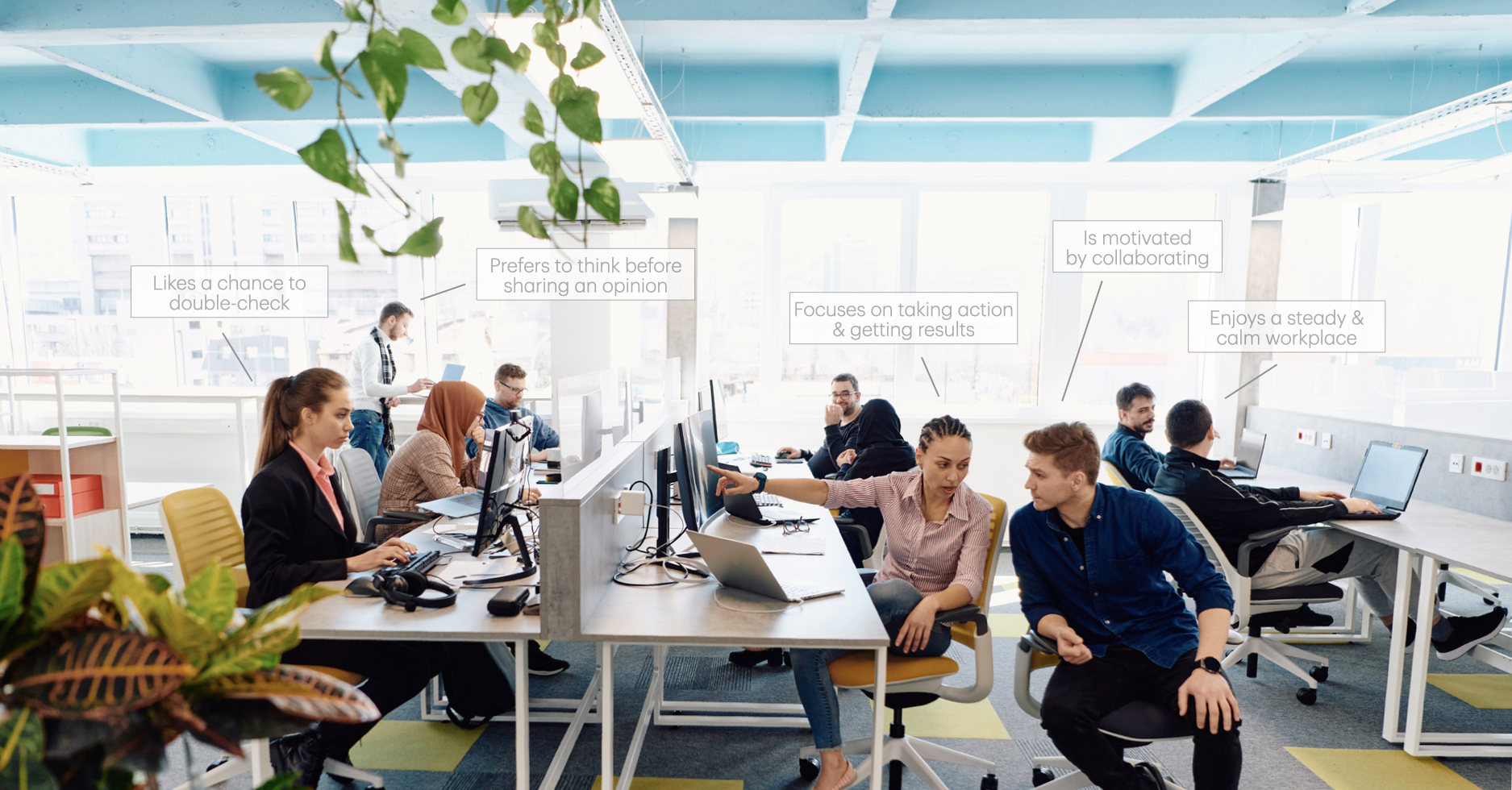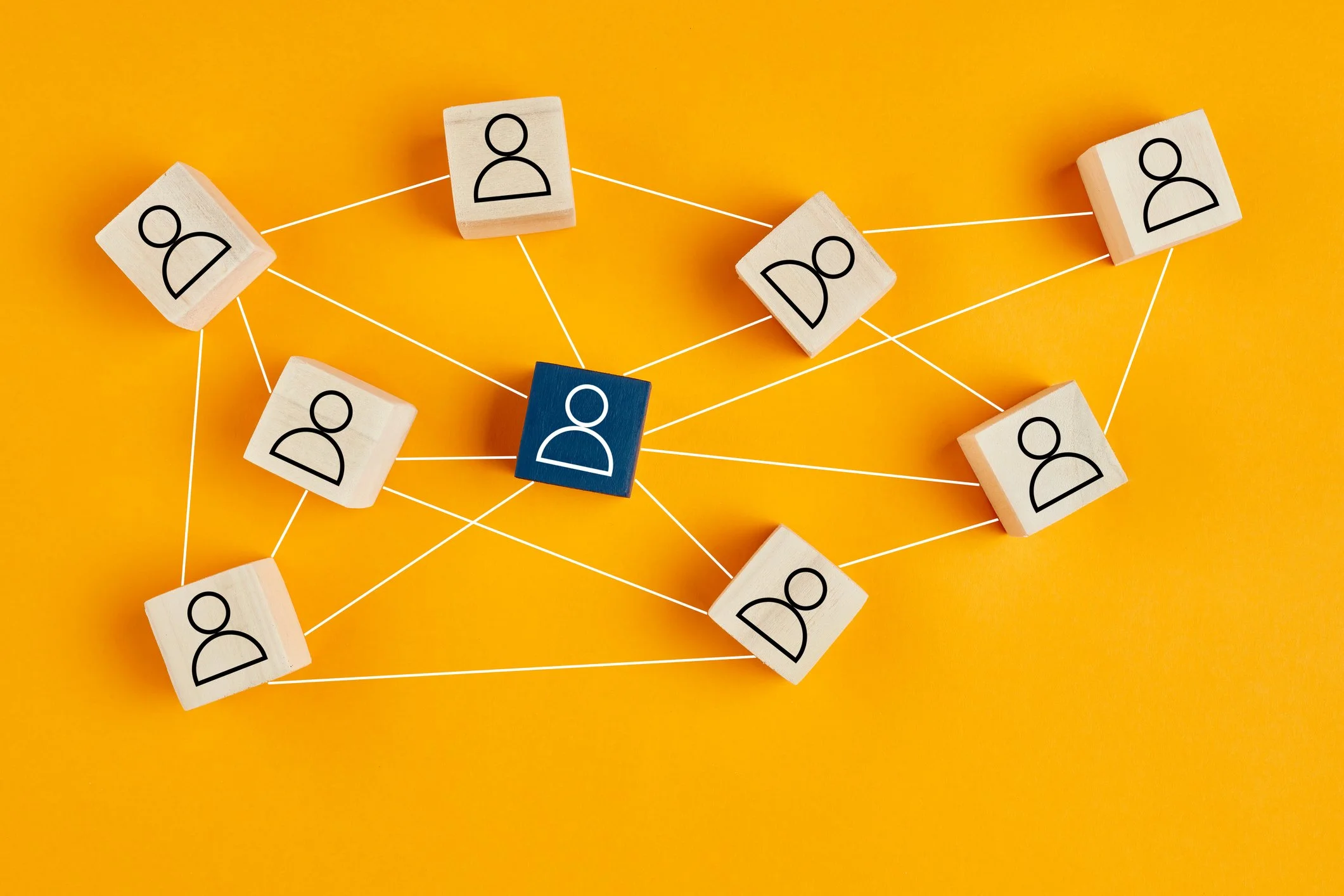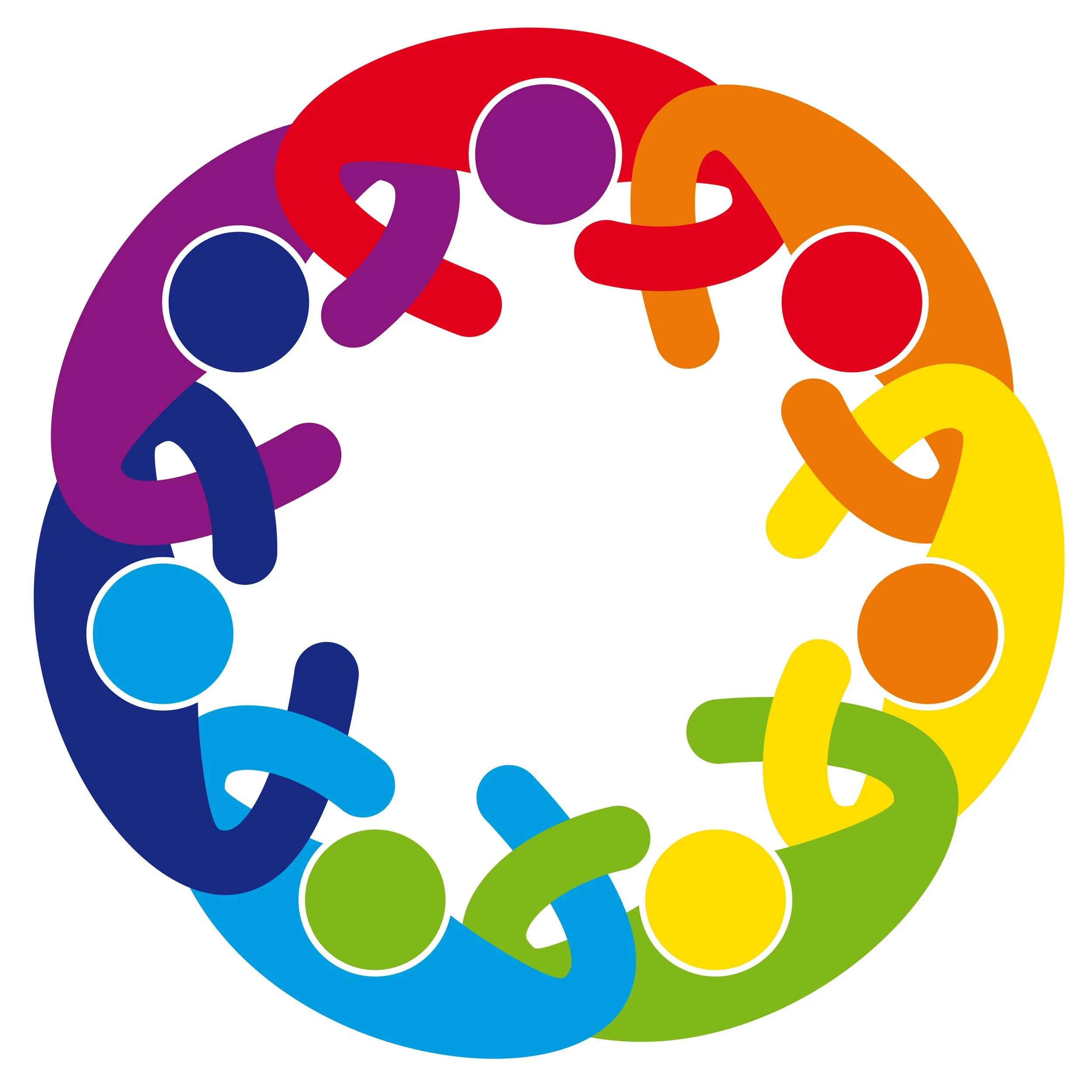
DISC Personality Assessment Test & Profiles
DISC personality profiling lifts individual effectiveness and team communication and collaboration
When a person knows their DISC type they can quickly and easily understand similarly or differently they communicate and work compared their co-workers. This helps them be more effective in their work and improves teamwork through better communication, cooperation and collaboration.
The 12 personality types are combinations of the four core traits—Dominance (D), Influence (I), Steadiness (S), and Conscientiousness (C). As well as these four, there are eight combination types: DI, ID, IS, SI, SC, CS, CD, and DC.
Each DISC personality type identifies natural or preferred behaviours. For example, DI are results-driven and persuasive, IS people are sociable and reliable, and CS people are methodical and dependable.
By providing tools to help integrate diverse approaches to working these 12 styles help individuals, teams and organisations improve collaboration, communication, teamwork leadership and productivity.
How does the DISC workplace behavioural assessment work?
DISC is a simple, powerful personality assessment tool that identifies people’s personality type.
An advanced algorithm analyses the results of a 20-minute online assessment and identifies each participant's DISC style. There are four core behavioural types to describe a person’s behaviour:
Dominance ('D")- behaviour that is assertive, goal-oriented, and seeks to be in control of situations.
Influence ('I') - behaviour that is people-focused and enthusiastic about connecting and working with others.
Steadiness ('S') - behaviour that is calm, consistent, relationship-centric and reliable.
Conscientiousness ('C') - behaviour that is detail-oriented and analytical, focused on getting things right.
Everyone has each of these four core behavioural types. It's their personal mix of these four personality characteristics that determines their personal DISC type from one of 12 different styles.
Each person receives a comprehensive, personalised description in their profile. The profile identifies and describes their DISC type and explains their preferred ways of working … how they like to do things at work. The profile also has easy-to-use guidance on how that they can communicate and collaborate more productively with each of the others styles. You might say it helps them customise their working style to integrate better with other people.
When a person better understands themselves and others they see many ways they can do things a little differently. People can use DISC like this every day.
For a range of reasons from simplicity to usability DISC personality profiling is an extremely effective workplace tool. that HR managers and consultants are often prefer over other tools.
The 12 Types of the DISC Personality Test - Everyone is One of These Personality Types
How DISC Styles Help Individuals - How To Use Your DISC Profile
People work differently. For example, some people like to work independently and analyse details to ensure accuracy, while others think and act quickly. Neither is inherently better or worse - but they are different.
When a person gets a DISC assessment they are getting insights that explain how they like to work and how they could sometimes adapt their work to be more effective. Learn how to read your DISC profile here.
Of course, people already have an understanding of how they like to go about their day-to-day work. DISC can add to that self-awareness. It also helps people understand how others experience their ways of working through an objectively based framework and common language.
When someone knows how or when a behaviour is a strength - or not - they can consciously behave in ways that will help them work more effectively.
While DISC is useful in any working situation, customer service people often find it extremely useful because each person's profile has specific suggestions for being more generally effective in personal interaction with other people ... like customers.
Using the DISC model of behaviour enhances self-awareness and awareness of how others like to work. This awareness fosters a culture of openness and communication, which is the foundation for a positive working environment.
How DISC Builds Teams
The DISC personality test provides insights that go beyond team building to help team members increase the quality of their teamwork.
Teams that leverage DISC to understand one another's tendencies can use the practical insights it provides to enhance communication and their ability to be collaborative. In practice, this means people personalise their interactions with team-mates to build a more harmonious and productive team environment.
DISC is particularly useful in working out how to resolve problems in a team because it provides clear suggestions on how to connect with team-mates. This knowledge alone is a motivator for people to gain insights into their team-mates and lift team performance.
DISC helps teams become more decisive by making their communication more effective. DISC also helps teams become more adaptive, helping them know how to adjust how they work together to take advantage of opportunities and solve problems.
DISC Assessments and Leadership
DISC profiling empowers leaders by increasing self-awareness and understanding of both their own behavioural style and those of team members.
When leaders and managers increase their self-awareness of their ways of working and how the people they lead work they become better at leading and managing. DISC assessments help leaders to understand the people they lead, helping them hire, mentor, coach, influence and motivate their people more effectively.
The organisational benefits of more effective leadership are far-reaching. From attracting talent to building culture, productivity and profit, the whole organisation benefits.
How to Use DISC in New Zealand and Anywhere
Once a group or team have their DISC Profiles the idea is to use the insights and tips they provide as individuals and teams in every day situations at work.
This means everyone needs to know their own profile and know or be able to easily check the DISC types of their co-workers.
Individually, DISC helps people adapt in small ways that improve communication. This means people will be better able to connect with and influence others.
In teams, DISC helps team-mates better understand how each tends to work and interact with others, which opens the door to smoother cooperation and more effective collaboration.
One of the ways DISC does this is by providing a common language. Teams that get comfortable with it quickly start saying things like, "That's quite 'D'.", or "That's my 'I' coming out."
When people and teams develop a lasting behaviour that they are comfortable using it becomes part of how they work. In this way, DISC helps build culture and performance.
In NZ, we can be a little conflict averse. DISC is an easy to use support tool for working how to approach resolving difficulties with others. People who regularly refer to their DISC assessments learn just how helpful it can make with different types of co-workers.
The Science Behind the Everything DiSC® Model
Based on research by psychologist William Moulton Marston, DISC is a scientifically validated personality profiling tool that focuses on behaviour. DISC has strong construct, convergent, and discriminant validity — meaning DISC reliably measures intended traits and distinguishes between personality dimensions.
The widespread use of DISC and the high rate (88%) of user perception ratings support its relevance and praticality. Over 10 million people across over 150,000 organisations in 72 countries, and in more than 22 languages, have taken the Everything DISC assessment, making it the world's leading DISC profile test. A million or more people a year take an assessment.







